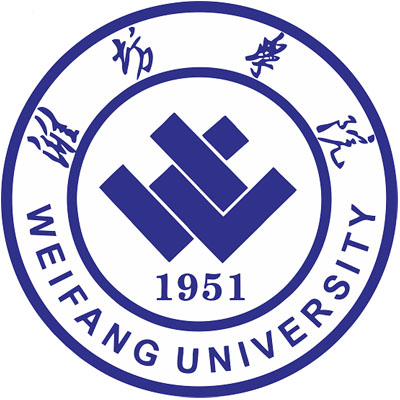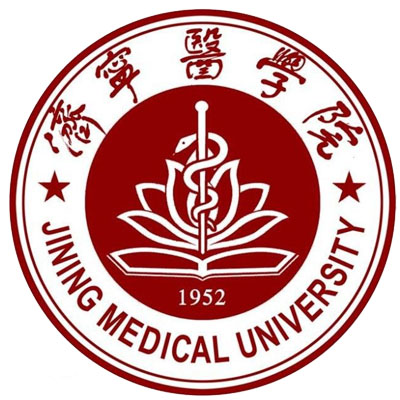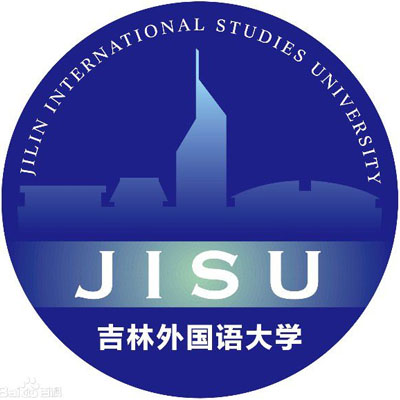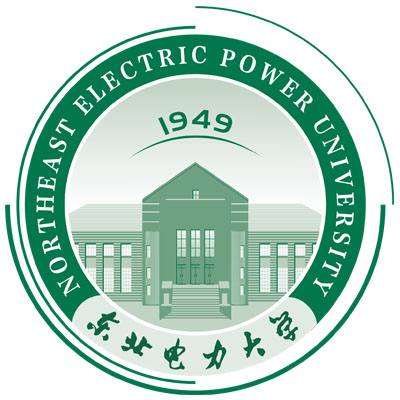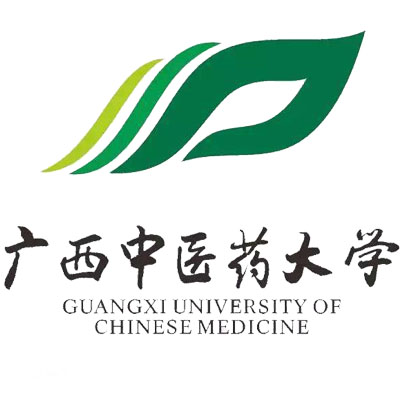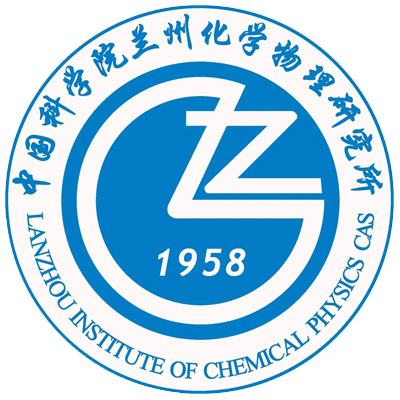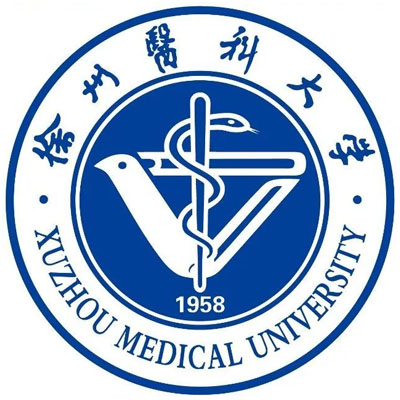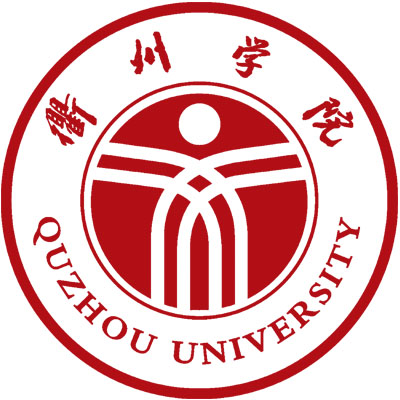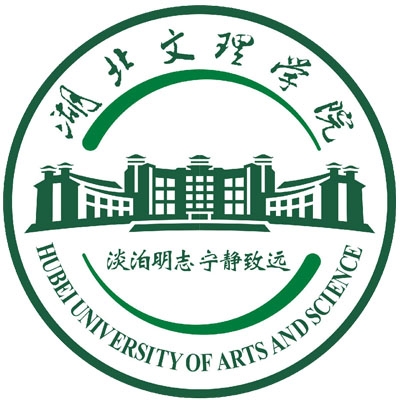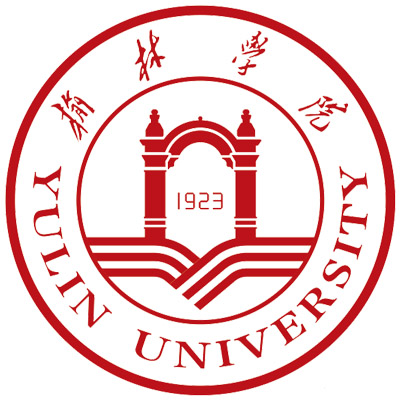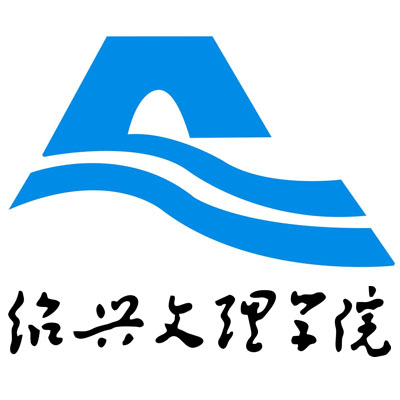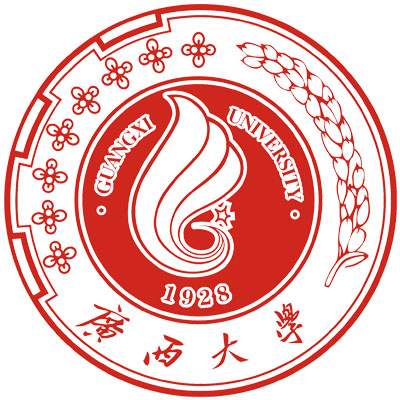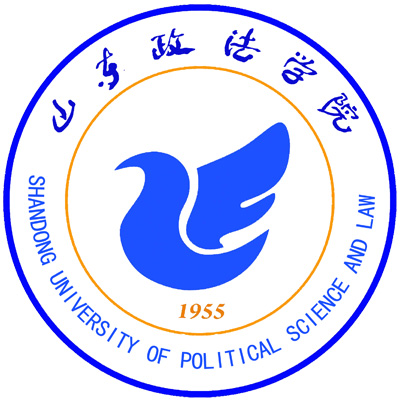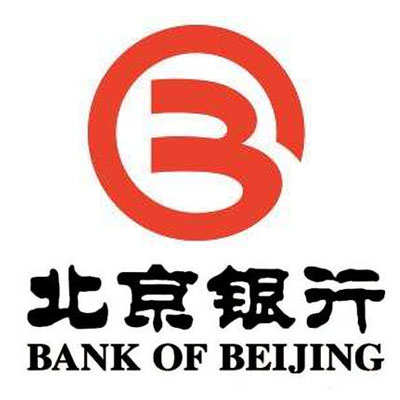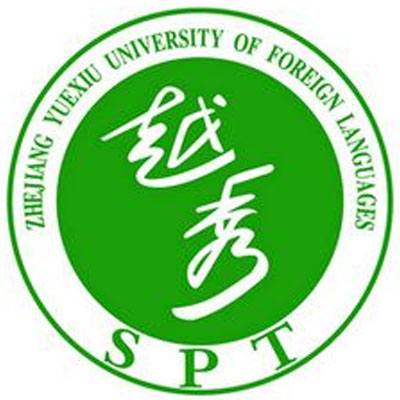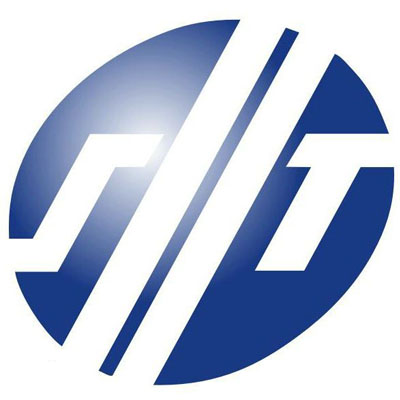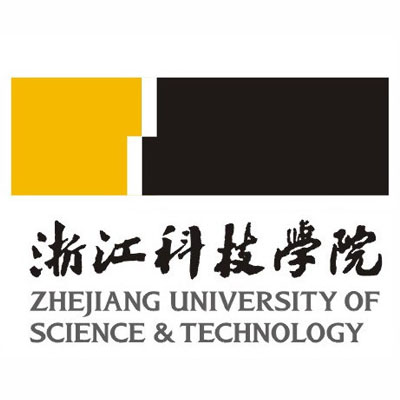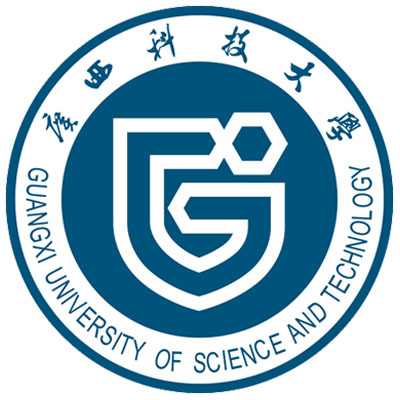天津大學第七屆“北洋青年科學家”論壇
The Seventh PEIYANG Forum for Young Scholars,
Tianjin University
春季論壇時間
Date of the Forum
2019年4月7日-10日
April 7 to 10, 2019
論壇簡介
ntroduction to Forum
為加強優秀青年學者與天津大學的學術交流、共商合作機會,學校將召開第七屆“北洋青年科學家”論壇。本次論壇旨在集聚海內外不同學術背景的優秀青年學者,就國際學術前沿及學科熱點問題展開探討,促進青年學者之間的交流及學科交叉融合。同時,論壇將與參會學者深入探討職業生涯,促成學者與學校的實質性合作。
To promote the active research relationship and collaboration between prominent youth talents and Tianjin University(TJU), the 7th PEIYANG Forum for Young Scholars will be held at TJU with an aim to bring diverse experts on sharing interdisciplinary ideas and pursue innovation at scale. Pushing the boundaries of knowledge and research is long-term joyful obsession to TJU which celebrate the fundamental discoveries and potent research alike. To enrich their job in engaging in the front-line, faculty-led research, the research that flourishes in its center, labs and programs could convene global experts to discover new intellectual frontiers. As a result, our on-campus research capabilities are enhanced by the collaboration and engagement of a wide range of faculty and experts with a blend of interdisciplinary know-how.
論壇時間及活動安排
Forum Arrangements
1、論壇時間
定于2019年4月7日-10日舉辦,報名截止時間4月1日(如有特殊情況,請與人事處聯系)。
| 日期 | 日程 |
|
4月7日 |
報到 |
|
4月8日 |
主論壇專題報告會及校園參觀 |
|
4月9日 |
各學院分論壇學術研討會 實驗室參觀 |
|
4月10日 |
離校 |
Arrangements
The 7th PEIYANG Forum for Young Scholars will be held from April 7th to 10th, 2019. Deadline for the application is April 1st.(If there are special circumstances, please contact the Human Resources Department of TJU)
|
Date |
Agenda |
|
2019.4.7 |
Registration |
|
2019.4.8 |
Opening Ceremony, Invited Speech & Campus Visit |
|
2019.4.9 |
Academic Seminar of Parallel forum & Lab Visiting |
|
2019.4.10 |
Departure |
凡因時間關系未能參加本次論壇的青年才俊,可與我校聯系,商討來校訪問交流事宜。
You can contact us for further discussion if you are unable to participate in this forum due to time constraints.
2、學科領域
Academic Disciplines
自然科學與工程技術領域
Science and Engineering
化學工程與技術、儀器科學與技術、光學工程、生物醫學工程、土木工程、水利工程、船舶與海洋工程、機械工程、動力工程及工程熱物理、力學、數學、物理學、化學、生物化學與分子生物學、材料科學與工程、電氣工程、控制科學與工程、信息與通信工程、電子科學與技術、計算機科學與技術、智能制造、海洋科學與技術、環境科學與工程、食品科學與工程、軟件工程、地質學、納米科學與技術、環境衛生和營養與食品等。
Chemical Engineering and Technology, Instrument Science and Technology, Optical Engineering, Biomedical Engineering, Civil Engineering, Hydraulic Engineering, Naval and Ocean Engineering, Mechanical Engineering, Power Engineering and Engineering Thermo-physics, Mechanics, Mathematics, Physics, Chemistry, Biochemistry and Molecular Biology, Materials Science and Engineering, Electrical Engineering, Control Science and Engineering, Information and Communication Engineering, Electronic Science and Technology, Computer Science and Technology, Intelligence Manufacturing, Marine Science and Technology, Environmental Science and Engineering, Food Science and Engineering, Software Engineering, Geology, Nanoscience and Nanotechnology, Environmental Health, Nutrition and food.
醫科、生命與藥學領域
Medical, Life Sciences and Pharmacy
腦認知與神經科學、人工智能與人機交互、基礎醫學、臨床醫學、康復醫學、醫學影像、醫學工程與轉化醫學、公共衛生與應急救援、流行病與統計、災難醫學、職業衛生、計算生物學、結構生物學、化學生物學、合成生物學、醫學相關生物學、生物制造,生物微流體,生物傳感、藥劑學、藥物分析、藥理毒理學、生物信息學、藥事管理等。
Neural and Cognitive Science, Artificial Intelligence and Human-Machine Interaction, Preclinical Medicine, Clinical Medicine, Rehabilitation Medicine, Medical Imaging, Medical Engineering and Translational Medicine, Public Health and Emergency Rescue, Epidemiology and Statistics, Disaster Medicine, Occupational Health, Computational Biology,Structural Biology, Chemical Biology, Synthetic Biology, Medical Biology, Biological Manufacturing, Biomicrofluidics, Biosensing, Pharmaceutics, Pharmaceutical Analysis, Pharmacology and Toxicology, Bioinformatics and Pharmacy Administration.
經濟管理與人文社科領域
Management, Humanities and Social Science
經濟學、管理科學與工程、工商管理、公共管理、建筑學、城鄉規劃學、風景園林學、藝術學、法學、語言文學、教育學、心理學、新聞傳播學和馬克思主義理論等。
Economics, Management Science and Engineering, Business Administration, Public Administration, Architecture, Urban and Rural Planning, Landscape Architecture, Arts, Law, Language and Literature, Education, Journalism and Communication, Psychology and Theory of Marxism.
“北洋學者英才計劃”
Peiyang Scholars Program
“北洋學者英才計劃” 分為A、B兩檔,設置長聘教授和長聘副教授崗位,旨在薪酬水平、管理服務模式等方面為優秀青年人才提供與國際接軌的創新與發展環境,為天津大學建設世界一流大學招募一流師資隊伍。“北洋學者英才計劃”崗位的聘任待遇為:
Consisted of two academic levels, which is A Class level and B Class level, Peiyang Scholars Program has set up several posts, that is, the tenured professor and tenured associate professor. Collaborated with attractive salary and advanced management, it aims to provide excellent talents with a favorable environment of innovation and development necessary to be connected with international circumstances, and furthermore, to recruit top-notch faculty for Tianjin University to establish “First-Class” university. The detailed compensation and benefits are as shown below.
英才計劃A檔
崗位:長聘教授;
薪酬:稅前年薪65-70萬元(全口徑統計收入);
安家費:250萬元(含多渠道資助) ,提供校內人才周轉租住房;
科研經費:理工科250-450萬元(含多渠道資助)、人文社科30萬元科研啟動費;
團隊支持:首聘期內,每年提供1個博士生指標和3個碩士生指標,由學校支持招收1位博士后;
其他政策:解決子女入學問題,安排配偶工作。
A-Class:
Appointment: Full-time tenured professor
Salary: An annual salary before tax from RMB 650,000 to 700,000 (all-inclusive salary).
Relocation allowance: RMB 2,500,000 (including support from all sources), temporarily rented housing within the university is provided.
Start-up research fund: RMB 2.5-4.5 million for science and engineering fields (including support from all sources) and 0.3 million for humanities and social science fields.
Team support: During the first employment period, 1 doctoral student and 3 master students quotas are given annually, 1 post-doctoral assistant quota is supported.
Other relevant policies: TJU will solve the children’s education. The spouse's employment would be settled down.
英才計劃B檔①
崗位1:長聘教授;
薪酬:稅前年薪55-60萬元(全口徑統計收入);
安家費:20-100萬元(含多渠道資助);
科研經費:理工科100萬元、人文社科20萬元科研啟動費;
其他政策:解決子女入學問題。
B-Class:
Appointment: Full-time tenured professor
Salary: An annual salary before tax from RMB 550,000 to 600,000 (all-inclusive salary).
Relocation allowance: RMB 200,000-1,000,000 (including support from all sources).
Start-up research fund: TJU will provide RMB 1 million for science and engineering fields and 0.2 million for humanities and social science fields.
Other relevant policies: TJU will solve the children's education.
英才計劃B檔②
崗位2:長聘副教授;
薪酬:稅前年薪40-45萬元(全口徑統計收入);
安家費:10-50萬元(含多渠道資助);
科研經費:理工科50萬元、人文社科10萬元科研啟動費;
其他政策:解決子女入學問題。
B-Class:
Appointment: Full-time tenured associate professor
Salary: An annual salary before tax from RMB 400,000 to 450,000 (all-inclusive salary).
Relocation allowance: RMB100,000-500,000 (including support from all sources)
Start-up research fund:TJU will provide RMB 0.5 million for science and engineering fields and 0.1 million for humanities andsocial science fields.
Other relevant policies: TJU will solve the children's education.
3、申報條件
Qualifications
1.年齡不超過40周歲;
2.具有海內外知名大學博士學位、并有海外科研工作經歷;
3.在相關學科領域取得一定顯示度的成果且具有較強學術發展潛力。
1.Below the age of 40.
2.Holding a PhD degree from home and abroad by prestigious universities, and shall have working experiences at abroad.
3.Show great academic potentials and outstanding achievements with international influence.
4、申請程序
Application Procedures
請掃描以下二維碼登錄并報名:
Please scan the QR code below for signing up:

論壇的受邀者,將會收到天津大學各學院發送的參會邀請函。
Qualified applicants for attending the forum will receive official invitation letter via E-mail sent by the respective .
5、相關費用
Expenses
受邀學者的參會交通費用及食宿由天津大學承擔。
The travel and accommodation expenses for the qualified applicants will be covered by Tianjin University.
6、聯系信息
各學院聯系信息
School Contact Information

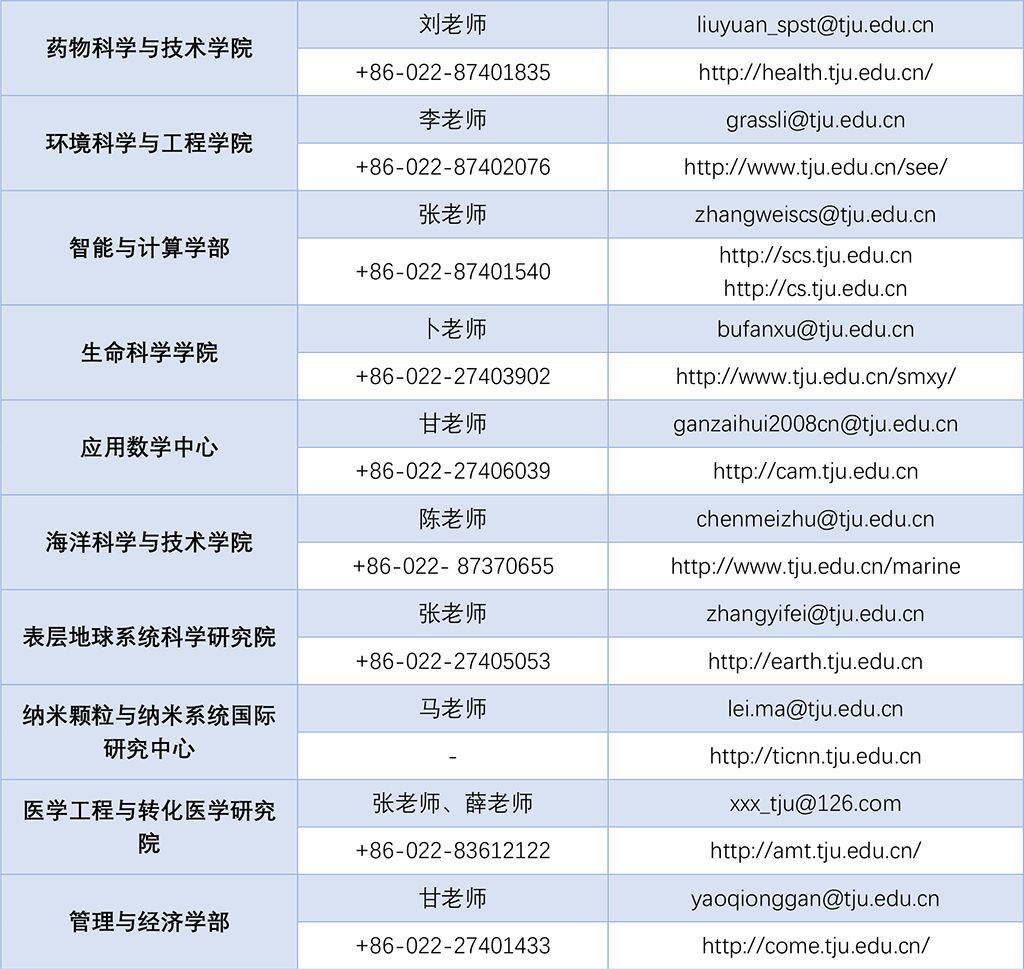
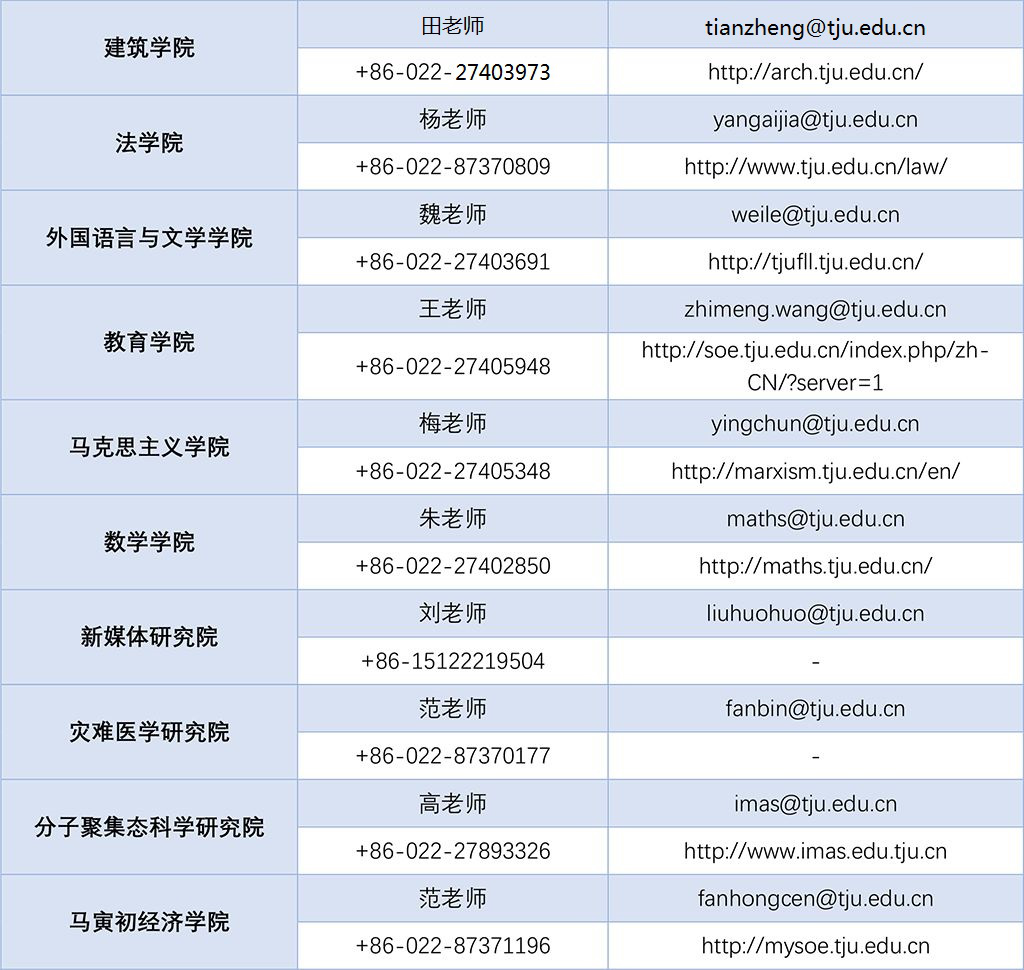
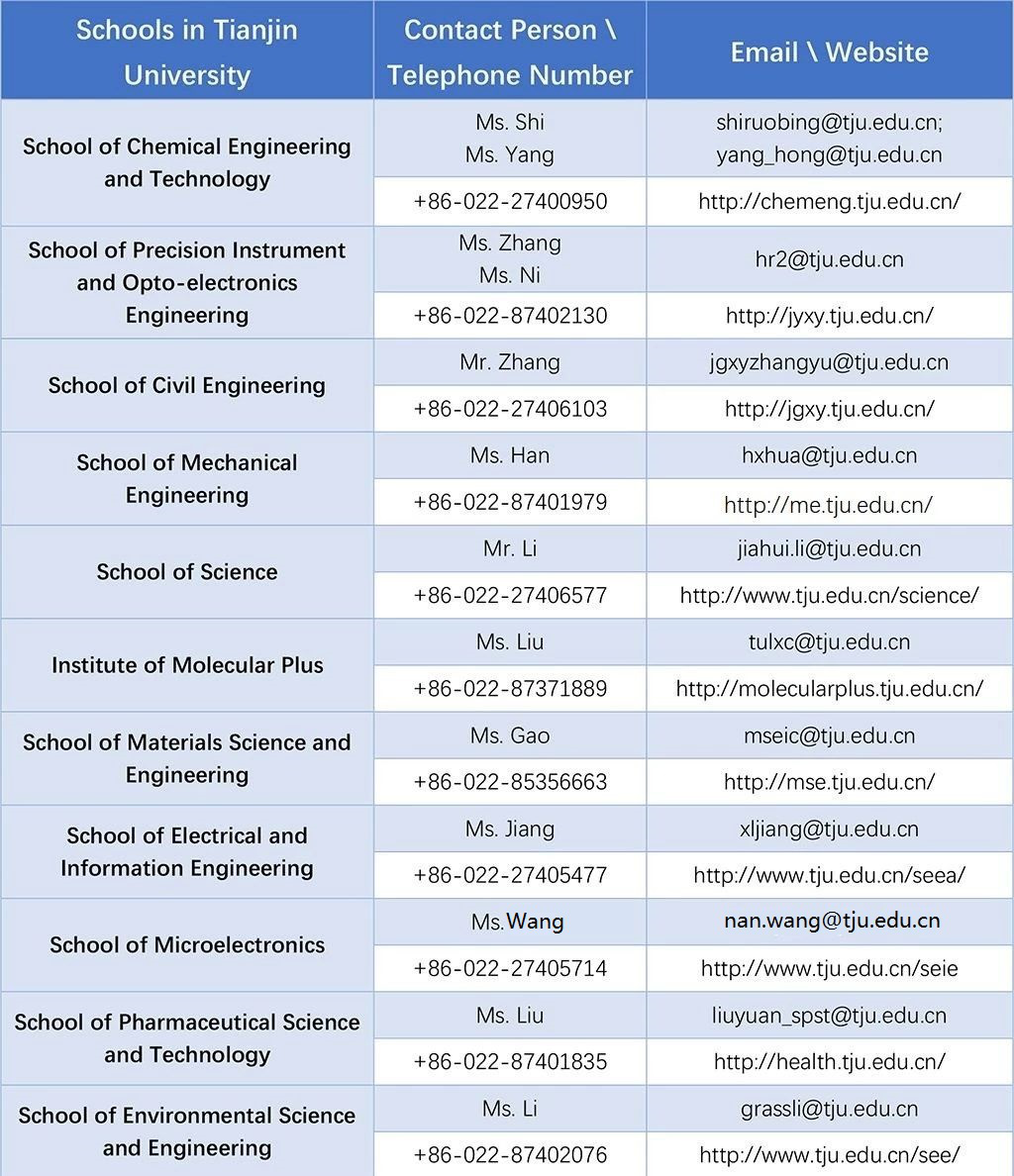
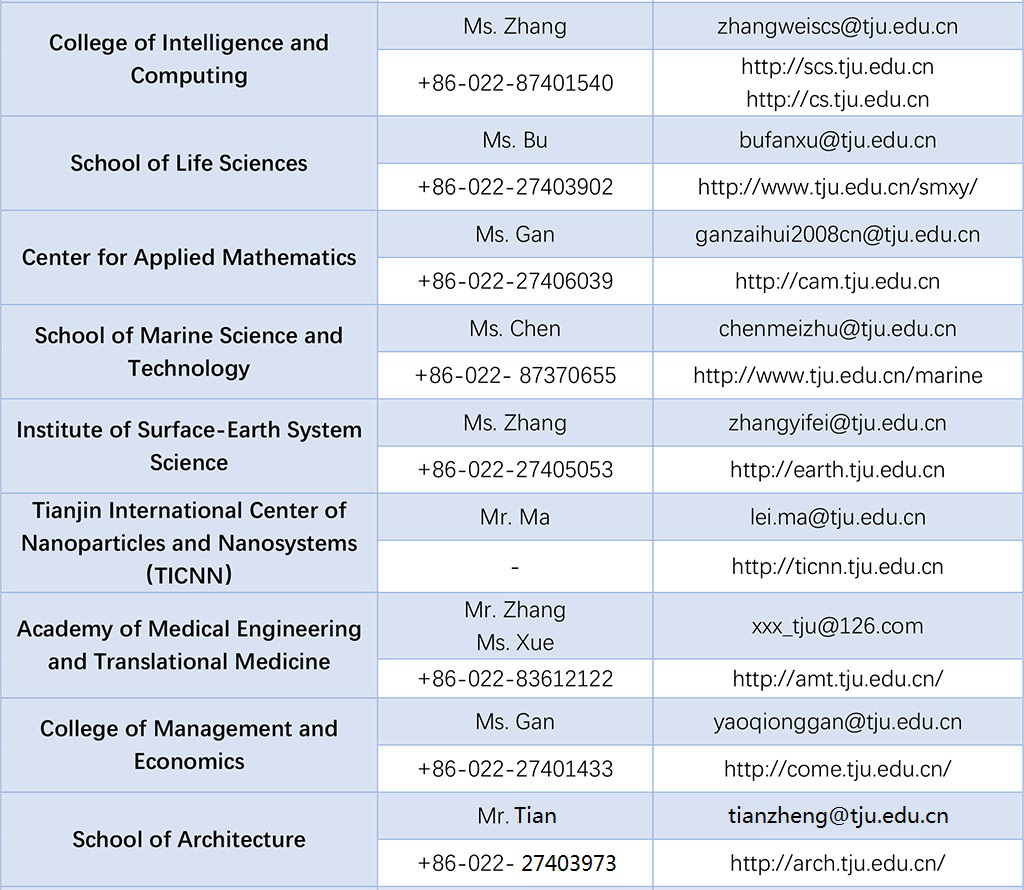
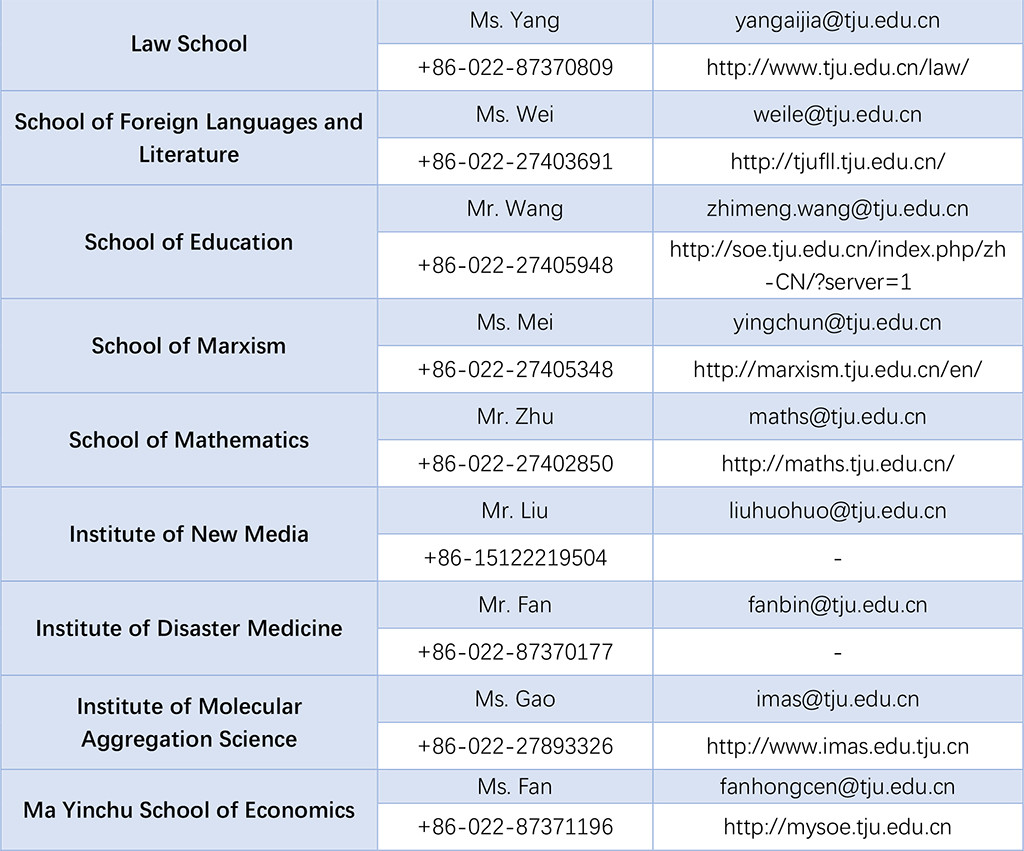
人事處聯系信息
Human Resource Contact Information
聯系人:張老師
電 話:+86-022-27402079
郵 箱: pyforum@tju.edu.cn、boshijob@126.com
地址:天津市津南區海河教育園區雅觀路135號 300350
Mr. Zhang, Ms. Zhang
E-mail: pyforum@tju.edu.cn、boshijob@126.com
Telephone: +86-22-27402079
Fax: +86-22-27404177
Address: B316, Xingsun Building, No.135 Yaguan Road, Haihe Education Park, Tianjin 300350, P.R.China
天津大學簡介
Brief Introduction to Tianjin University
天津大學是教育部直屬國家重點大學,其前身為北洋大學,始建于1895年,是中國第一所現代大學,素以“實事求是”的校訓、“嚴謹治學”的校風和“愛國奉獻”的傳統享譽海內外,是“985工程”、“211工程”、“2011計劃”首批通過認定的大學。在2017年公布的 “世界一流大學和一流學科”建設高校及建設學科名單中,天津大學入圍42所一流大學建設高校,且為36所A類高校之一。
天津大學提出了“強工”、“厚理”、“振文”、“興醫”的八字方針,始終堅持“聚焦國家重大戰略需求、聚焦世界科技發展前沿,扎根國民經濟主戰場”,堅持以高水平科研支撐高質量人才培養。形成了以工為主、理工結合,經、管、文、法、醫、教育、藝術、哲學等多學科協調發展的學科布局。立足人才培養、學科建設和科學研究的“三位一體”,把工作重點放在機制體制的改革與創新上,匯聚校內外各種創新要素,不斷提升辦學水平和人才培養質量,促進科教融合,支撐產業發展,服務創新型國家建設。
天津大學以人事制度深化改革為牽引,全面深化高校綜合改革,以北洋園校區啟用為契機,著力調整學科發展布局,統籌推進各層次人才隊伍建設,建立天津大學“北洋教師職業發展體系”、健全天大特色終身教職體系、實施教師隊伍分類管理、建立預聘教師隊伍等,以構建適應現代大學制度的人事管理體制機制,努力營造“近者悅,遠者來”的引才工作氛圍和有利于人才創新創造的軟硬件環境。
As the first modern university in China, Tianjin University (TJU) was founded in 1895 with Peiyang University being its predecessor. It has been recognized nationwide and overseas for its motto of “Seeking Truth from Facts”, its ethos of “Precision in Learning and Strictness in Teaching” and its tradition of “Patriotic Dedication”. Supported by Chinese Ministry of Education, it is also one of the higher learning institutions to be included into the "985", "211" and "2011" Projects in the first batch. In 2017, Tianjin University was listed in the country’s “Double First-Class” university project.
Having put forward its principles characterized as strengthening Engineering, consolidating Science, revitalizing Liberal Arts, and flourishing Medical Science, Tianjin University has been adhering to the purpose of targeting at the major strategic demands and the top-notch scientific and technological development globally, as well as anchoring in the major area as to the national economy, which has been supported by top quality talents fostering based on the high-level scientific and technological research. Thus, it has formed a discipline layout featured by a harmonized multidisciplinary development covering such disciplines as economy, management, literature, jurisdiction, medicine, education, art and philosophy, with Engineering discipline being oriented. Established on talents training, discipline development and scientific research as a whole, TJU puts its emphasis on the reform and innovation of institutional mechanisms by bringing together all kinds of innovative elements inside and outside of the campus, integrates all kinds of innovative elements both inside and outside the university, continuously improves the standard of university management and the quality of talent training,strenuously combines research and teaching together, and also promotes industry development with research outputs and serves the country development for innovation as well.
In line with the in-depth reforming of the personnel system, TJU has been furthering the comprehensive innovation following the inception of Peiyang campus, and putting much effort on the layout of the discipline development. To push forward the reform on faculty promotional mechanism, firstly, TJU has established the “Peiyang Faculty Career Development System” in TJU; secondly, it has improved the tenure system characterized by TJU; thirdly, it has implemented the classified management of faculty team, and fourthly, it has established the assistant professors program, etc., thus building institutional mechanisms which is adaptable to the personnel management of modern university system. As a result, TJU has been promoting the talents team building at each level, and fostering the circumstance in which the people nearby would feel delighted and the people afar would desire to join and the talents would feel convenient to innovate and create.
中國-博士人才網發布
聲明提示:凡本網注明“來源:XXX”的文/圖等稿件,本網轉載出于傳遞更多信息及方便產業探討之目的,并不意味著本站贊同其觀點或證實其內容的真實性,文章內容僅供參考。



